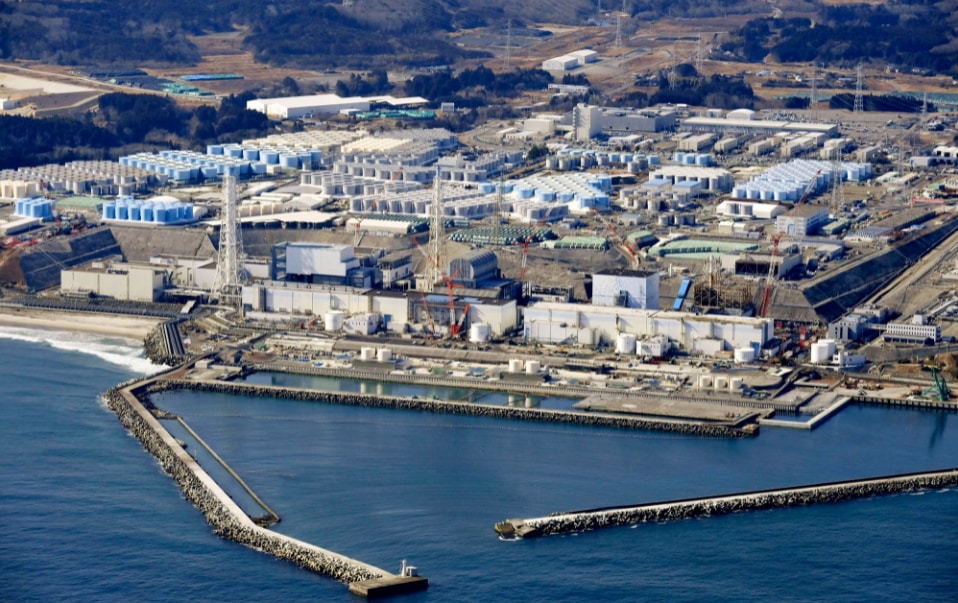Tokyo: The operators of the wrecked Fukushima nuclear power plant said Wednesday it plans to build an undersea tunnel so that massive amounts of treated but still radioactive water can be released into the ocean less than a mile away from the plant to avoid interference with local fishing.
Meanwhile, a renowned Indian environmental activist has expressed his serious reservation over the reported announcement by the operators of Fukushima nuclear power plant that they will release a million tonnes of treated water into the ocean stating that this will affect the entire coral reefs and food chain of the people.
Earlier during the day, the Tokyo Electric Power Company Holdings said it hopes to start releasing the water in spring 2023. TEPCO says hundreds of storage tanks at the plant need to be removed to make room for facilities necessary for the plant’s decommissioning.
An official in charge of the water discharge project, Junichi Matsumoto, said TEPCO will construct the undersea tunnel by drilling through bedrock in the seabed near its No. 5 reactor, which survived the meltdowns at the plant, to minimize possible underground contamination or leakage of radioactive groundwater into the tunnel, The Associated Press reported on Wednesday.
Plans for the one-kilometre (0.6-mile) tunnel were announced after the Japanese government decided in April to release the accumulated water in two years’ time.
Ministers say the release is safe because the water will have been processed to remove almost all radioactive elements, and will be diluted.
Prime Minister Yoshihide Suga has called disposing of the water an “inevitable task” in the decades-long process of decommissioning the nuclear plant.
Debate over how to handle the water has dragged on for years, as space to store it at the site runs out, the AFP reported.
Speaking to InsideNE, a northeast based news organization, S. P. Udayakumar, a Tamil Nadu-based writer and anti-nuclear activist, said that nuclear power plants do emit radioactive or ionized particles whether or not it works normally, which are very harmful not only to the environment but also to our human body.
Giving the instance of the Kudankulam nuclear plant, Udayakumar said that India is a densely populated country. We are not in a position to handle accidents that happened in Chernobyl or Fukushima. We don’t have the money to deal with a nuclear disaster. A small incident can harm and kill so many people and our government will not be able to deal with the catastrophe at all.
“So, instead of dealing with the issue, we are saying prevention is better than cure. We are not saying we don’t want development,” he added.
On the Fukushima nuclear plant, the environmental activist said that by releasing the treated or contaminated water into the ocean it will affect the entire coral reefs and destroy the food chain of the people. By doing so, people can get cancer and other ailments which will ultimately have a disastrous impact in the foreseeable years to come. With agency inputs


